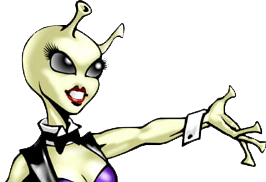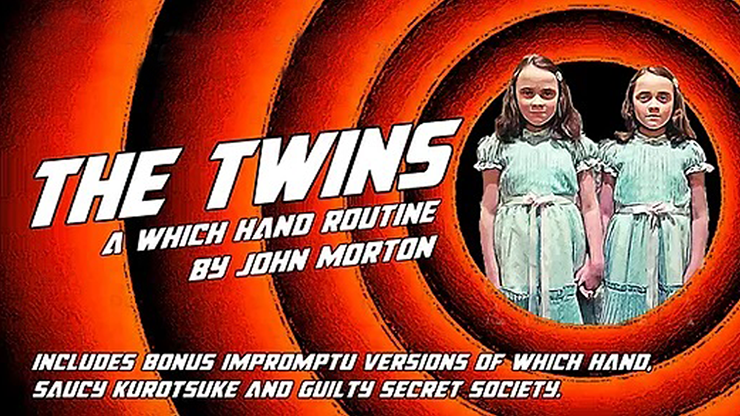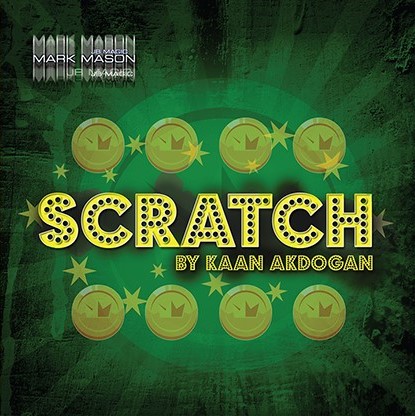21st Century Knight's Tour
Lior Manor
(Based on 1 review)

Now Lior Manor has brought the Tour into the 21st century. He has developed a new and visually exciting way to present the Knight's Tour. This routine has literally proven its worth around the world.
By using computer technology, Lior now allows you to have the best of both worlds - you carry almost nothing (there is certainly no need for a large or bulky board) yet everyone in the audience is assured of seeing the movement. The board is located on a computer disk, with added features that provide the demonstration with an extra level of visual appeal.
You receive a special program allowing you to incorporate tailor made changes that reflect your client's attributes such as its corporate message.
This is a great tool for corporate workers, mentalists, and any stage magician that simply desires to add another dimension to his show.
Written by Ken Weber
Designed by Haim Goldenberg
"There are few routines that match Lior's presentation of the Knight's Tour for drama and suspense.
Audiences really believe this is a demonstration of 'Super Mentality'. Lior's use of technology allows the performer to present this remarkable routine to a large audience. Indeed, the excitement grows as each move is made because the whole chess board is visible on the screen. Although this routine requires practice and good acting skills, the investment is worth it. Once this is mastered, you have a memorable stunt that can be performed for any size audience, from a sales meeting to a theater show -- and everyone in attendance will feel involved... "
- Barrie Richardson
"It is the most brilliant innovation in the Knight's Tour history"
- Marc Salem
Reviews
(Top ▲)
This classic mentalism effect has been revived in the past decade or so. Ricky Jay made it a feature of his show. Others have jumped on the bandwagon (causing a fair share of controversy).
I don't have comments on this product. The product is fine. My comments are about our society and the magicians that are trying to entertain them.
It takes a very capable showman to pull this off in today's world. The effect was created in a time when people had much longer attention spans. Modern audiences are very different.
It certainly can be done. I just think any responsible performer should run through an honest self-assessment before they try to add it to their act. Most mentalism bores me to tears. That's not because the effects are inherently boring. It's inevitably the performer that's boring.
My second concern is about the format in which the effect is presented. On one hand, the brilliance of having a computer program is that it packs small (on a laptop) and plays big (via a projected image).
But therein lies the rub. Even though almost everyone coming to the show owns or uses a computer, very few of them know what a computer is actually capable of doing (or not doing). Computers are a mystery.
The display and procedure seems very straightforward. But I still fear that many people will assume that the computer is doing most of the work. It may not be clear to them how the computer is involved. It's very much like watching a close-up magician make an odd move. You may not know what he did, but you get the sense that he did something.
I would love to be a fly on the wall listening to the audience comments after seeing this presented. I think it could tell us a lot about how today's audiences perceive the relationship between magic and technology.
I don't have comments on this product. The product is fine. My comments are about our society and the magicians that are trying to entertain them.
It takes a very capable showman to pull this off in today's world. The effect was created in a time when people had much longer attention spans. Modern audiences are very different.
It certainly can be done. I just think any responsible performer should run through an honest self-assessment before they try to add it to their act. Most mentalism bores me to tears. That's not because the effects are inherently boring. It's inevitably the performer that's boring.
My second concern is about the format in which the effect is presented. On one hand, the brilliance of having a computer program is that it packs small (on a laptop) and plays big (via a projected image).
But therein lies the rub. Even though almost everyone coming to the show owns or uses a computer, very few of them know what a computer is actually capable of doing (or not doing). Computers are a mystery.
The display and procedure seems very straightforward. But I still fear that many people will assume that the computer is doing most of the work. It may not be clear to them how the computer is involved. It's very much like watching a close-up magician make an odd move. You may not know what he did, but you get the sense that he did something.
I would love to be a fly on the wall listening to the audience comments after seeing this presented. I think it could tell us a lot about how today's audiences perceive the relationship between magic and technology.








